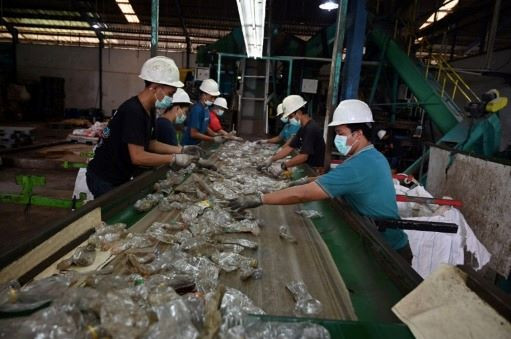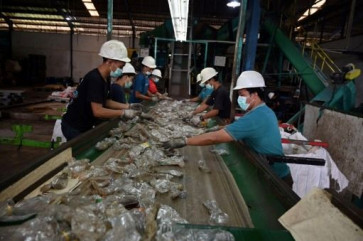Popular Reads
Top Results
Can't find what you're looking for?
View all search resultsPopular Reads
Top Results
Can't find what you're looking for?
View all search resultsThe uncertainties in today’s employment landscape
Workforce formalization, while neither a holistic nor one-size-fits-all solution, is becoming increasingly part and parcel of social investment strategies to resolve issues related to meaningful work and decent living standards.
Change text size
Gift Premium Articles
to Anyone
I
n the second week of June, I attended the 20th East Asian Social Policy (EASP) Research Network Conference, a leading policy conference in both the Asian region and the world. The conference discussed social policy issues ranging from digital transformation and environmental concerns to demographic shifts, issues that have increasingly challenged the sustainability of social protection systems in various East Asian countries and beyond.
The presentation by Prof. Yasuhiro Kamimura from Japan’s Nagoya University provided insights on the uncertainties of today's employment landscape.
Kamimura outlined four job typologies based on his research findings.
The first typology of decent work represents the ideal form of formal employment. It is characterized by job security, social protections, specifically health and income protection, and meaningful work.
The term "meaningful" is subjective, but broadly refers to employment that is not only desired but also fulfilling and valued by the worker.
This concept of work sounds appealing, doesn't it?
However, the reality often falls short of this ideal. The formal sector, long coveted by many job seekers, still grapples with issues of alienation, where numerous employees find that their roles lack meaning.



















